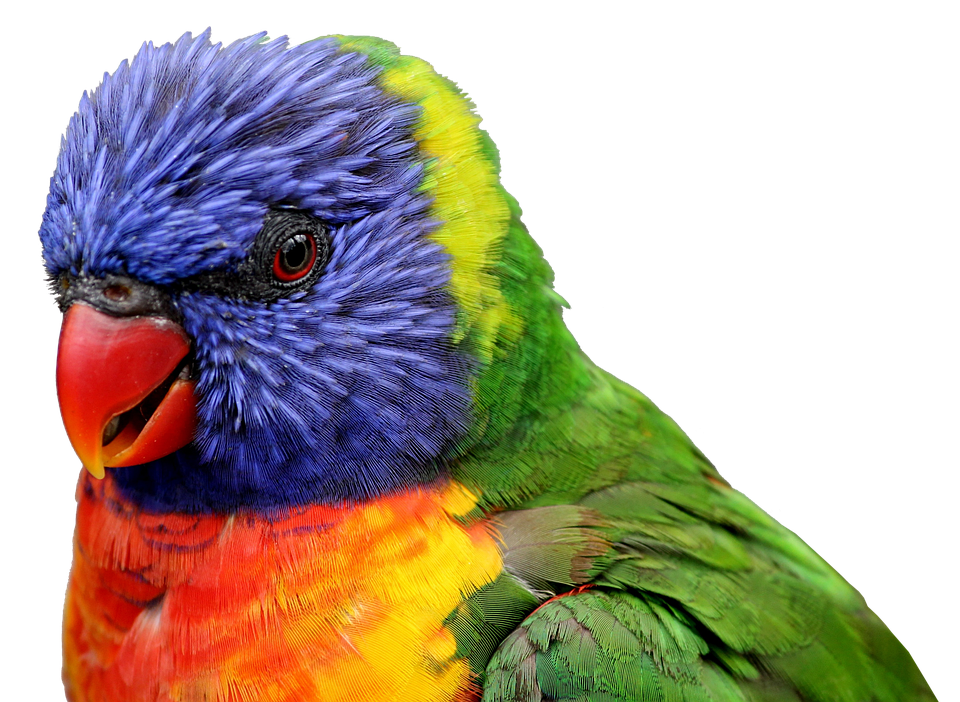**Title: Recognizing Signs of Readiness for Advanced Parrot Training Challenges**
**Introduction: Preparing Your Parrot for Advanced Training**
As a parrot owner, you already know the importance of training your feathered friend. Basic training establishes a foundation of trust and communication, but eventually, you may want to challenge your parrot with more advanced training tasks. However, it’s crucial to recognize signs of readiness to ensure your parrot’s success and well-being. In this article, we will explore how to identify these signs and address common questions about advanced parrot training.
**1. Observing Behavioral Cues**
Parrots are highly intelligent creatures with their unique ways of communicating their readiness for advanced training challenges. By paying attention to their behavior, you can gauge their readiness and tailor training accordingly.
– **Increased Curiosity:** Notice if your parrot displays heightened curiosity towards new objects or activities. This curiosity indicates an eagerness to learn and explore, making it an ideal time to introduce advanced training tasks.
– **Consistent Performance:** Evaluate if your parrot demonstrates consistent performance in basic commands or tricks. If they consistently respond correctly, it suggests they have mastered the basics and are ready for more complex challenges.
– **Enthusiasm and Engagement:** Observe if your parrot actively seeks interaction and engages with you during training sessions. A motivated parrot willing to participate enthusiastically is more likely to excel in advanced training.
**2. Physical and Emotional Well-being**
Advanced training challenges can be mentally and physically demanding for parrots. Before embarking on advanced training, it is essential to ensure your parrot’s overall well-being to prevent stress or potential health issues.
– **Healthy Diet and Exercise:** Ensure your parrot follows a balanced diet and engages in regular exercise. A well-nourished and physically fit parrot will have the energy and stamina to tackle advanced training challenges.
– **Stress-Free Environment:** Create a calm and stress-free environment for your parrot. Minimize loud noises, excessive changes, or other factors that might cause anxiety. A relaxed parrot is better able to focus and learn during training sessions.
**3. Building Trust and Communication**
Trust is the foundation of any successful parrot training. Before advancing to more challenging tasks, make sure you have established a strong bond and effective communication with your parrot.
– **Positive Reinforcement:** Utilize positive reinforcement techniques consistently in your training sessions. Reward your parrot with treats, praise, or favorite toys when they exhibit desired behavior. This fosters trust and encourages them to tackle new challenges.
– **Body Language:** Pay attention to your parrot’s body language during training. Signs of comfort, such as relaxed feathers, bright eyes, and a playful demeanor, indicate a trusting relationship. If your parrot consistently responds positively to your cues, it indicates effective communication.
**FAQs: Frequently Asked Questions about Advanced Parrot Training**
1. **Can any parrot learn advanced training tasks?**
While all parrots can benefit from basic training, not all may be suitable or inclined towards advanced training. Some parrots may have limitations due to age, health, or individual temperament. It’s essential to assess your parrot’s unique abilities and limitations before proceeding with advanced training.
2. **What are some advanced training challenges for parrots?**
Advanced training challenges may include complex tricks, more intricate commands, problem-solving tasks, or even teaching your parrot to mimic specific sounds or phrases. The challenges can be tailored to your parrot’s abilities and intelligence.
3. **How long does it take for a parrot to be ready for advanced training?**
The time required for a parrot to be ready for advanced training can vary. It depends on the individual parrot’s learning abilities, training consistency, and the foundation of basic training. Some parrots may be ready within a few weeks, while others may require several months to build the necessary skills and readiness.
4. **Should I seek professional assistance for advanced parrot training?**
If you feel unsure or lack experience in advanced parrot training, seeking professional assistance can be highly beneficial. An experienced avian trainer can guide you in designing suitable training plans, addressing specific challenges, and ensuring your parrot’s well-being throughout the process.
**Conclusion: Nurturing Your Parrot’s Potential**
Recognizing signs of readiness for advanced training challenges is essential to foster your parrot’s growth and ensure a positive training experience. By observing behavioral cues, ensuring physical and emotional well-being, and establishing trust and communication, you can set the stage for your parrot to excel in advanced training tasks. Remember to approach each training session with patience, consistency, and a deep understanding of your parrot’s unique abilities. Happy training!









